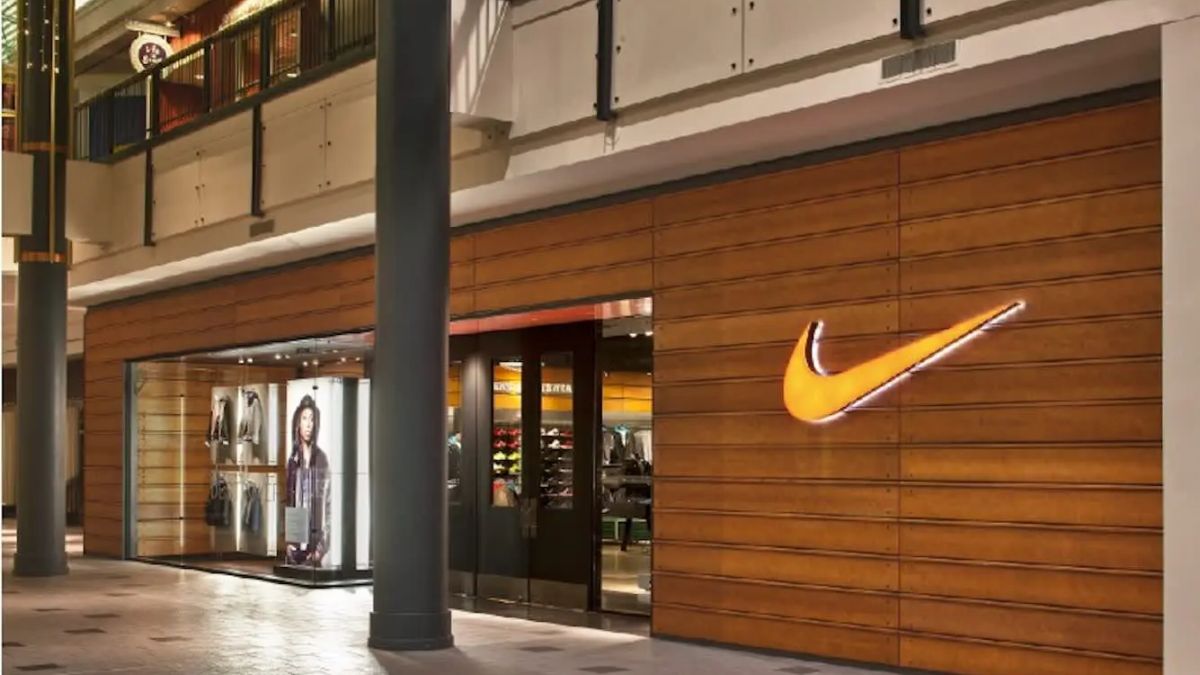The journey of America’s most beloved brands is a tapestry woven with innovation, resilience, and cultural impact. From humble beginnings to household names, these brands tell stories that reflect the evolving American identity and consumer behavior. Let’s dive into the narratives behind some of these iconic brands that continue to shape the market.
How Coca-Cola became a cultural icon
Coca-Cola, established in 1886, is not just a beverage; it’s a symbol of American culture. The secret formula, known only to a few, has led to an enduring mystique around the brand. Coca-Cola’s marketing strategies, especially during key moments like World War II, where it positioned itself as a source of comfort, helped solidify its place in American homes. The brand’s global expansion, coupled with local adaptations, such as the introduction of Coke in different flavors to appeal to diverse palates, has resulted in annual revenues exceeding $37 billion as of 2022. This adaptability illustrates how the brand not only reflects American values but also resonates globally.
The rise of Apple and its impact on technology
Founded in 1976, Apple Inc. has transformed from a garage startup to a tech giant worth over $2.5 trillion by 2023. Its commitment to innovation and design led to revolutionary products like the iPhone, which alone accounted for more than half of Apple’s revenue at its peak. Apple’s marketing strategy, focusing on simplicity and user experience, has created a loyal customer base, often referred to as ‘Apple enthusiasts.’ The company’s retail strategy, including the launch of Apple Stores, revolutionized how technology is sold, blending retail and technology into a unique shopping experience.
The story behind Nike’s branding success
Founded in 1964 as Blue Ribbon Sports, Nike’s evolution into a global powerhouse is a compelling narrative of branding and marketing genius. The introduction of the ‘Just Do It’ slogan in 1988 marked a turning point, connecting deeply with consumers’ aspirations and motivation. Nike’s endorsement deals with sports legends like Michael Jordan have not only propelled sales into the billions but have also embedded Nike into the cultural fabric of America, with its products becoming synonymous with athletic prowess. By focusing on social issues such as equality and sustainability, Nike continues to engage with a socially conscious consumer base, driving brand loyalty.
Starbucks and the coffee culture revolution
Starbucks began as a single store in Seattle in 1971 and has since transformed into a global coffee empire with over 30,000 locations worldwide. The brand redefined coffee culture in the U.S. by creating a ‘third place’ between home and work, where people could gather and feel comfortable. Its focus on premium quality and ethical sourcing, including its commitment to Fair Trade, has not only appealed to coffee aficionados but has also attracted consumers who value sustainability. By 2022, Starbucks reported revenues exceeding $29 billion, showcasing how the brand has effectively capitalized on the growing coffee culture in America.
Amazon’s transformation of retail
Starting as an online bookstore in 1994, Amazon has revolutionized the retail landscape, becoming a one-stop shop for virtually anything you can think of. The company’s unwavering focus on customer experience, aggressive pricing strategies, and innovations like Amazon Prime have reshaped consumer expectations. By 2023, Amazon surpassed $514 billion in annual sales, demonstrating its enormous impact on how Americans shop. The introduction of Amazon Fresh and the integration of AI in its logistics show the brand’s future-focused mindset. Moreover, Amazon’s influence on small businesses via its marketplace reflects the complexities of modern retail, balancing convenience with challenges for local retailers.
ℹ️ AI Disclaimer: This article was created using OpenAI GPT-4. Content is for informational purposes only. Please verify information independently.


